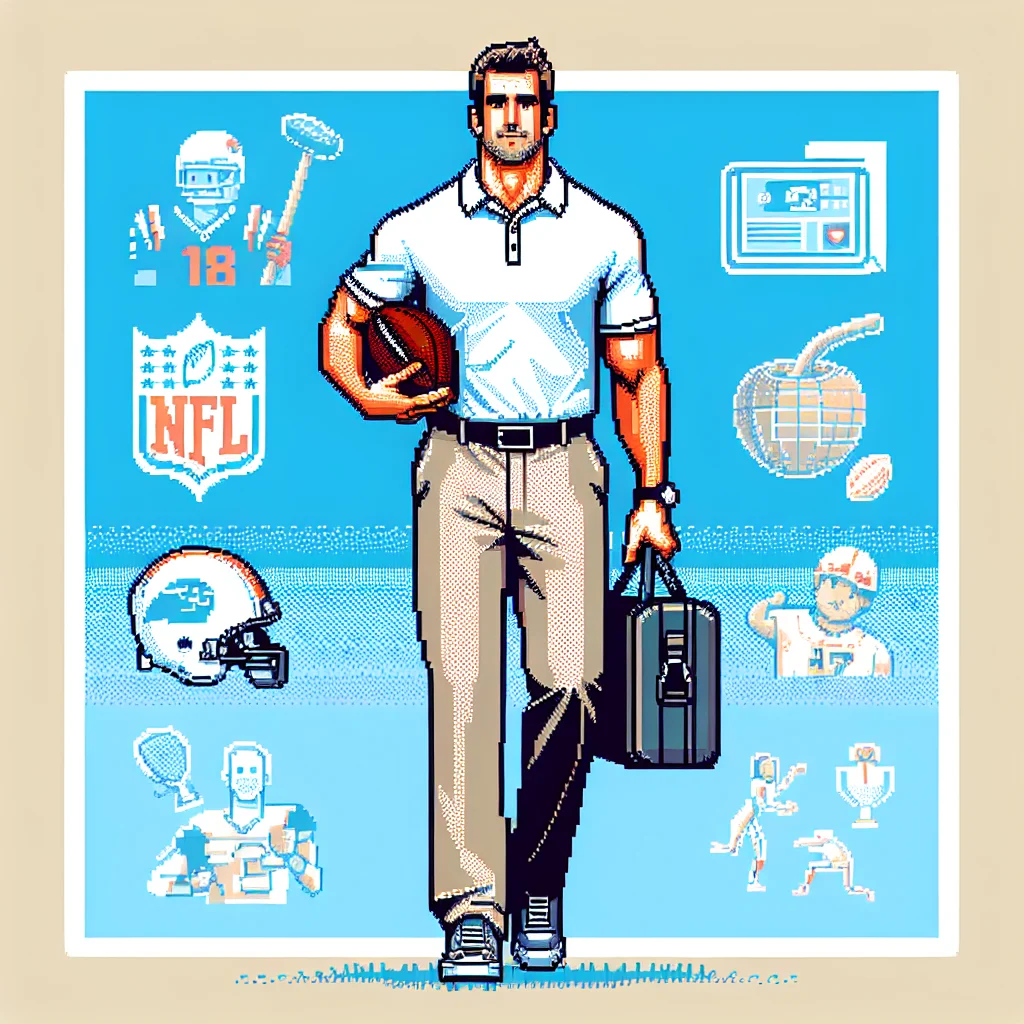Todd Bowles: We’ll see if the team that wins the overtime toss can run out the clock - NBC Sports | Analysis by Brian Moineau
The Great Overtime Debate: A Balancing Act in the NFL and Beyond
In the ever-evolving world of sports, change is the only constant. The NFL, a league synonymous with intense competition and strategic innovation, recently made headlines with a tweak to its overtime rules. As reported by NBC Sports, the league's 32 owners voted to ensure that both teams get a possession in overtime, a rule aimed at enhancing fairness and excitement in these high-stakes moments. However, they stopped short of extending regular-season overtime to 15 minutes, a format currently reserved for the playoffs. This decision reflects a broader balancing act between maintaining the integrity of the game and managing player safety—a topic that resonates far beyond the gridiron.
At the heart of this discussion is Todd Bowles, the head coach of the Tampa Bay Buccaneers, who succinctly put it: “We’ll see if the team that wins the overtime toss can run out the clock.” His statement underscores the tactical shifts that this rule change might inspire. Bowles, known for his defensive acumen and calm demeanor, embodies the strategic depth required to navigate these new waters. His approach might very well set a precedent for how teams manage their resources and tempo in the extra period.
This decision by the NFL owners is reminiscent of many debates across various sports and industries. For instance, in Major League Baseball, the introduction of the pitch clock was a move to make games quicker without compromising the sport’s essence. Similarly, the introduction of VAR in soccer was aimed at ensuring fairness, though it has sparked its own debates regarding the flow of the game. These changes, much like the NFL's overtime rules, are part of a larger narrative of adaptation and evolution, attempting to strike a balance between tradition and modernity.
The NFL's choice not to extend regular-season overtime also highlights a growing awareness of player welfare. With increasing scrutiny on the physical toll that professional sports take on athletes, this decision aligns with a broader trend of prioritizing long-term health over short-term entertainment. The league's move mirrors initiatives in other sports, such as the NBA’s load management strategies and the NHL’s concussion protocols, all aimed at ensuring that athletes can perform at their best for as long as possible.
Moreover, this discussion finds parallels in the business world, where companies are constantly balancing innovation with employee well-being. The trend toward flexible work hours and remote work options, accelerated by the pandemic, mirrors the NFL’s attempt to balance game integrity with player health. Just as businesses are learning that a happy, healthy workforce is a more productive one, sports leagues are recognizing the value of preserving their athletes' health for the longevity of their careers and the quality of the sport.
In conclusion, the NFL's latest decision on overtime rules is more than just a tweak in game mechanics; it's a reflection of the league's adaptability and its commitment to fairness and safety. As Todd Bowles and his Buccaneers prepare to navigate these new rules, fans and analysts alike will be watching to see how this change influences the dynamics of the game. Whether it's on the field or in the boardroom, the lesson is clear: Change is inevitable, but with thoughtful consideration and strategic planning, it can lead to a better, more balanced future.
Read more about AI in Business
